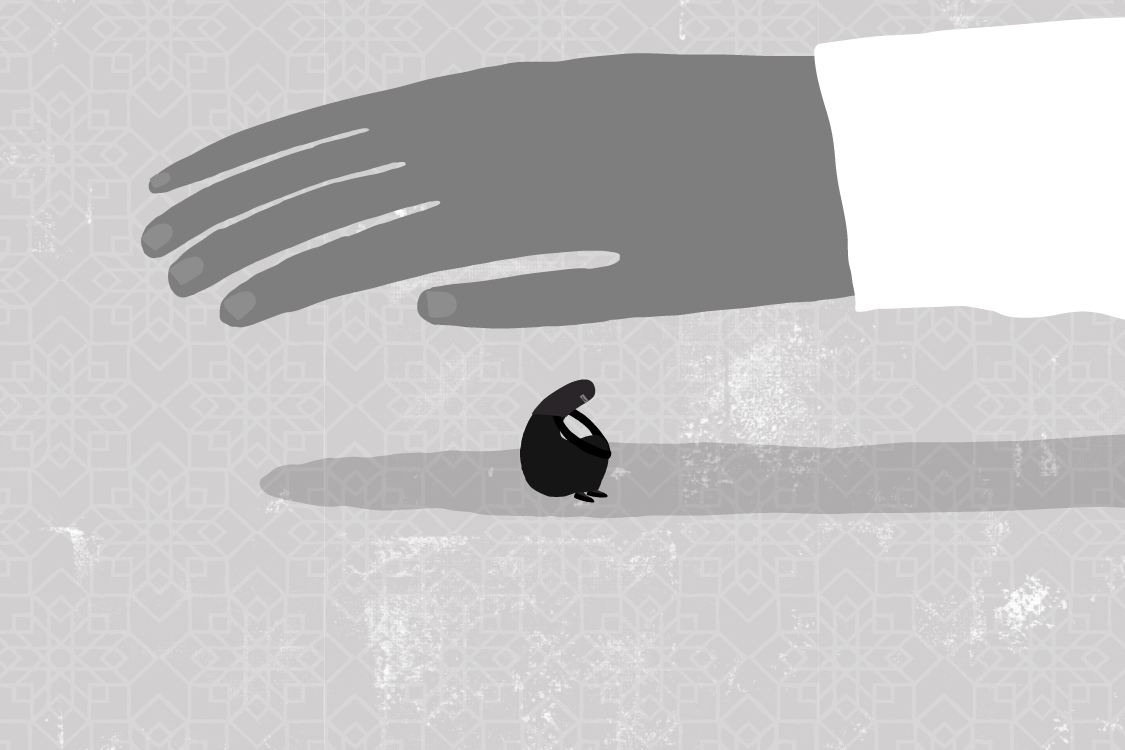Saudi authorities should immediately allow independent international monitors to enter Saudi Arabia and meet with detainees, including those who have alleged torture, Human Rights Watch said today. The detainees should include the prominent princes and business leaders held as part of a so-called corruption probe, and the prominent women’s rights advocates detained since May 2018.
Media outlets have reported that Saudi authorities opened two investigations into the torture allegations by women’s rights advocates, one by Saudi Arabia’s Human Rights Commission, a government agency, and one by Saudi Arabia’s public prosecutor, which reports directly to the royal court. Neither agency has the independence necessary to conduct a credible, transparent investigation that would hold those responsible for torture accountable.
“Saudi Arabia’s internal investigations have little chance of getting at the truth of the treatment of detainees, including prominent citizens, or of holding anyone responsible for crimes accountable,” said Michael Page, deputy Middle East director at Human Rights Watch. “If Saudi Arabia truly wants to get to the bottom of what happened and hold abusers accountable, it needs to allow independent access to these detainees.”
On January 2, 2019, a panel of British parliament members and international lawyers sent an official request to Saudi authorities for access to the country and to detained women’s rights advocates, but the request has not received a response.
On December 17, 2018, the Wall Street Journal reported that members of Saudi Arabia’s Human Rights Commission had interviewed prominent women’s rights advocates in detention and recorded their allegations of torture, which included electric shocks, whippings, sexual harassment, and sexual assault. It is unclear whether the commission will issue a public report or recommendations based on these allegations, but informed sources told Human Rights Watch that a member of the Human Rights Commission told one of the detained women the commission could not help them.
On January 13, Bloomberg reported that Saudi Arabia’s public prosecutor had opened an investigation into the torture allegations by the women’s rights advocates. The Saudi Public Prosecution was created in June 2018 and reports directly to the Saudi royal court.
The announcement of the investigation came after Saudi Arabia’s media ministry on November 23 denied evidence of torture published by Human Rights Watch and Amnesty International.
In addition to the women’s rights advocates, independent monitors should also be allowed access to other detainees, including human rights activists and independent clerics held since September 2017, as well as prominent royal family members, businessmen, and current and former government officials held on suspicion of corruption since November 2017.
A March 12, 2018 New York Times report said that 17 detainees among these held at the five-star Ritz Carlton Hotel in Riyadh required hospitalization for physical abuse. They included one who later died in custody, the report said, “with a neck that appeared twisted [and] a badly swollen body and other signs of abuse.”
The New York Times identified Bakr bin Laden, chairman of the Saudi Binladin Group, and Prince Turki bin Abdullah, former Riyadh governor and son of the late King Abdullah, as two of the men who remain in detention. It identified Maj. Gen. Ali al-Qahtani, an aide to Prince Turki, as the man who later died in detention. The report cited a person who saw the body, which had signs of physical abuse including a twisted neck and burns that appeared to be from electric shocks.
The report indicated that in addition to Prince Turki, the corruption probe targeted several other sons of the late King Abdullah. Another son, Prince Mishaal bin Abdullah, was reported to have been briefly detained after he complained privately about Qahtani’s treatment. On November 17, Middle East Eye reported that another son of the late king, Prince Miteb, the longtime head of the country’s National Guard, was one of the 17 people who required hospitalization.
The detention conditions and legal status of Prince Turki, former economy and planning minister Adel Fakieh, and others are unknown.
“Independent monitors can help confirm what has happened to people detained during these operations and find out about their current wellbeing,” Page said. “Without such scrutiny, there is every reason to believe that the Saudi authorities may still be treating them with unspeakable cruelty.”


No comments:
Post a Comment